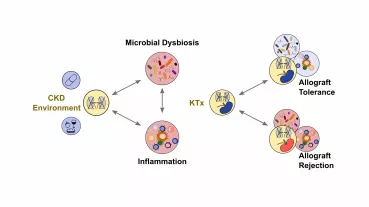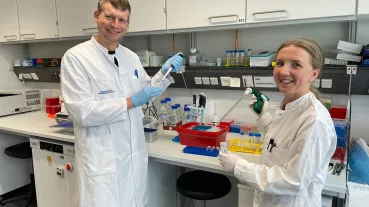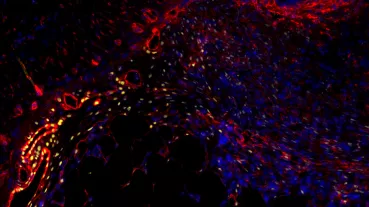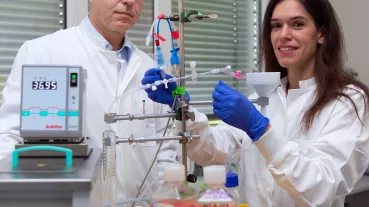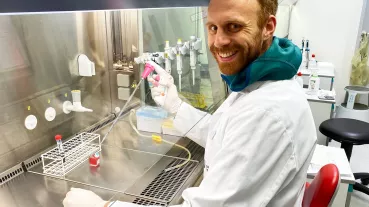Friend or foe? Investigating the role of fractalkine signaling and its therapeutic potential in FSGS
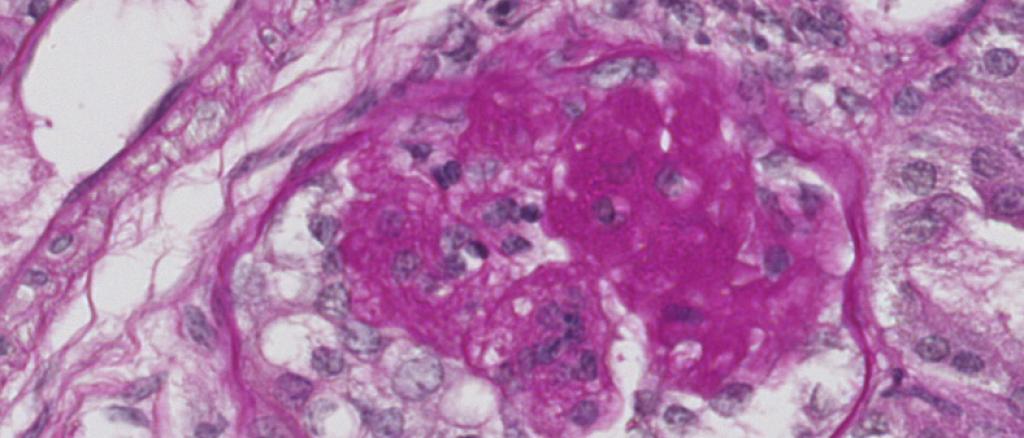
Insults to podocytes, specialized cells of the kidney filter unit, may lead to focal and segmental glomerulosclerosis (FSGS), representing one of the most common causes of end stage kidney disease. A central role of immune cells, driving local inflammation and scaring, is suspected irrespective of the initial assault. As current treatment is limited to broad immunosuppressant, more targeted approaches are warranted. This project aims to investigate fractalkine, a molecule central in immune cell attraction into the kidney, its function during FSGS and its potential as a therapeutic target. Furthermore, we aim to visualize fractalkine mediated attraction of immune cells into the kidney of patients with FSGS. Ultimately, this study will give new insights into the pathogenesis of FSGS and might provide a new therapeutic strategy to treat this devastating disease.

